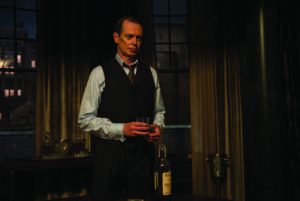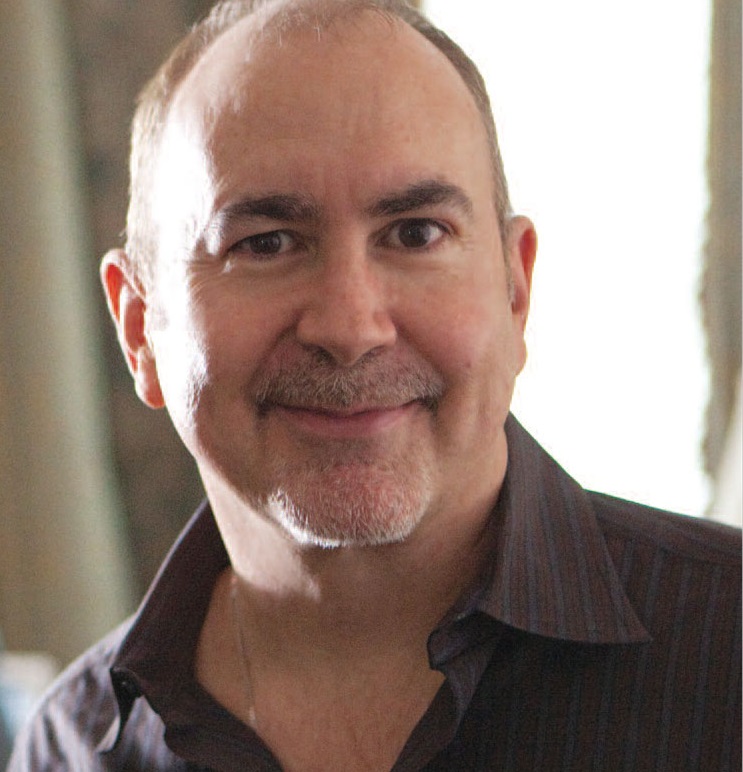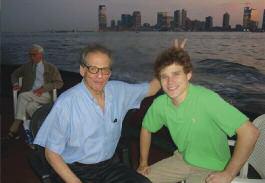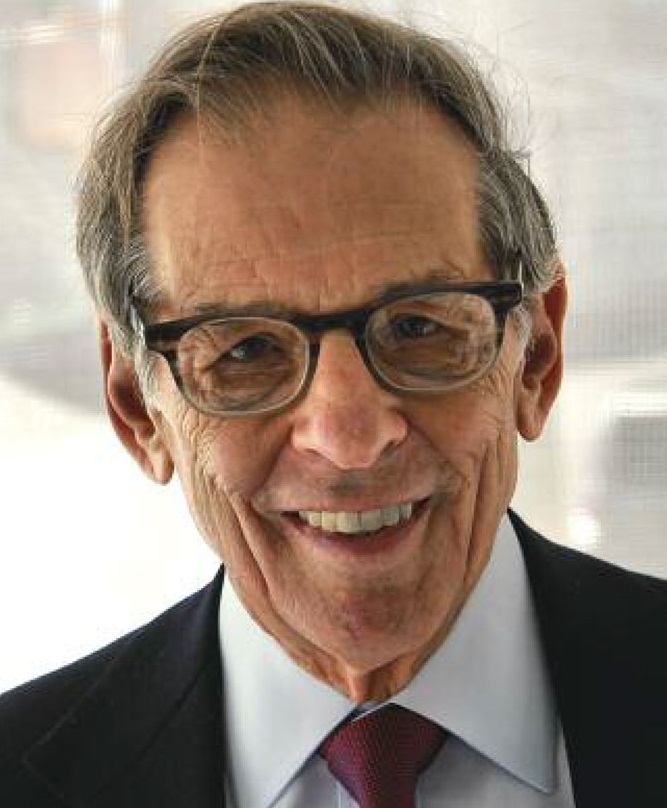Wendy Williams is all about curves. She isn’t shy about showing hers off, of course. And she isn’t above throwing one or two at the celebrities she interviews. The Wendy Williams Show is 60 minutes of live, hold-on-tight entertainment, where anything can happen and almost anything goes. Make no mistake, however. Williams is both under and in control. She understands her business as well as anyone and, although she lives for the moment, her eye is always on the horizon. Indeed, as EDGE’S Gerry Strauss discovered, the most important curve for Wendy is the one she always seems to be out in front of.
EDGE: When did you decide that you wanted to be in broadcasting?
WW: Sixth grade. I didn’t have a whole lot of interest in school, but I enjoyed reading books and I enjoyed writing. I knew I could do it. I thought that being a newscaster or a radio personality was definitely it. One of the two.
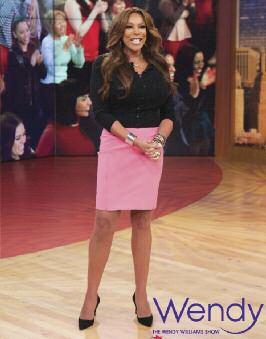 EDGE: Who were your influences?
EDGE: Who were your influences?
WW: The black broadcasters in New York, like Sue Simmons, Vic Miles and Chi Chi Williams. In college, I majored in communications and minored in journalism. I immediately got involved with the college radio station, where I was reading news at the top of the hour. Radio was my second choice, actually, because I thought that you had to know an awful lot about music and you had to have an air of cool. I was a lot of things when I was younger, but cool was not one of them. I wasn’t in the in-crowd. So I read the news on the college radio station. One day, one of the DJ’s did not show up and they said, “You have to do it.”
EDGE: Were you scared?
WW: I was frightened to death. But I found that it’s not about cool. It’s not even about the music. Radio personalities—back then they called them DJ’s—were just the conduit from one song to the next. If you wanted the personality part kicked in, where I would know a little bit more about something, like: “That was LL Cool J, this new rapper on the scene with ‘I Need a Beat.’ When I was home at Christmas, LL Cool J performed at this club in yadda yadda yadda…and I heard that he left with three girls.” People would be curious, “What else do you know?”
EDGE: And as your career developed, how did you develop sources for celebrity gossip?
WW: At clubs. Fast forward to 1988. I was 25 years old and got my first New York job. It was at a dance music station called Hot 103.9, which is now Hot 97. I was a single, young New York girl making $60,000 a year, with no student loans and no car notes, living life like it’s golden. I would do two or three appearances a night, seven nights a week, being paid to go to nightclubs. I was in the VIP area so, of course, I would be seeing things that I would bring back to the radio. Through the years, that’s how it’s been.
EDGE: That kind of access is a powerful thing.
WW: It is. And when you have that access, you have to choose, if that makes sense. I chose the audience over the celebrities. People like that extra information, but you have to choose which side you’re on. You can’t serve two masters. You can’t be friends and go to a party and hang out with celebrities, and then betray their trust and talk about them. You cannot do that. That’s not being a good friend.
EDGE: As you worked your way to the New York market prior to 1988, did you spend time in some wacky places?
WW: Fortunately, I didn’t. It all happened pretty quickly for me. I spent eight months in Saint Croix, then I worked in Washington, D.C. for another eight months. I desperately missed Jersey while in Washington. They’re so conservative. And you can’t get a parking space! Then, right after D.C., I started working in Manhattan, and I lived in Jersey the whole time. Jersey has never been far from my heart.
EDGE: Your radio career coincided with the rise of the “shock jock,” and often you are mentioned as part of that genre.
WW: I don’t particularly care for the term “shock jock.” It brings up distasteful man humor and I don’t find anything that I say so shocking. My delivery is not so shocking—I speak like you speak. But I’ll take it as a compliment, only because it put me in good company with my friend Howard Stern, who is one of the greatest personalities on radio ever…which means that I must be one of the greatest personalities ever!
EDGE: Does that realness and honesty you bring to the air ever present a challenge for you when you’re off the clock?
WW: It can be challenging. When I walk in a room, people sort of react as if Godzilla walked in. They’ve always wanted to see or be near me, but they don’t know how to react. It’s like, “If I touch her will I burn? If she catches me looking at her, will she say something?” It’s partly my reputation and partly my presence. I’m taller than most men and women once I put my heels on, and I have a larger frame than the average woman—but it all works for me. I actually enjoy walking into a room and watching everyone scatter, because the truth is that I’m a pussycat. I’m honest, not mean-spirited, so whatever is making them scatter, I know that if they gave me a chance, they would love me.
EDGE: Celebrity gossip has become a 24-7 industry. As someone who helped to pioneer that type of reporting, what do you think of the way our celebrity culture has grown?
WW: I’m very happy about how the thirst for celebrity information has grown. But, if you pay close attention, you’ll notice that we continually hear about basically the same 150 celebrities. They are in the weekly magazines. They are on TMZ. Every once in a while, you’ll get a new celebrity in the mix. But it’s basically the same 150 celebrities. There are a lot more than 150 famous people out there, but they are not in the magazines or on TMZ.
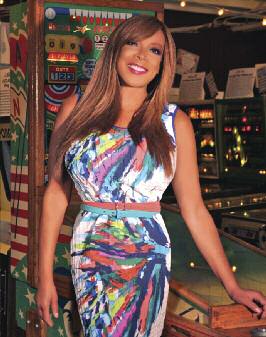
Photo by Nadine Raphael
EDGE: Why is that?
WW: Because they live in Jersey. Because they live in Maine. Because they live in Connecticut. Not Manhattan. Not L.A. or Calabasas, where the Kardashians live. If Alec Baldwin doesn’t want to be bugged, then he should move to Jersey. Do you understand? We know where to get “papped” [photographed by the paparazzi]. In Manhattan, there’s a place called Michael’s. They have Celebrity Wednesdays. I only go there with my mother and father because they love the whole celebrity culture. I think it’s cute. When they come to the show, they come on a Wednesday and we go to Michael’s afterwards. They know to straighten up because, as soon as we open the car door, we’re going to get papped—and then put in the Daily News the next day. If I don’t want to get papped, I’m not going to go eat lunch at Fred’s At Barneys. I’m going to go up the street to Lair. There’s no paparazzi at Lair.
EDGE: So you think a lot of it is voluntary?
WW: Absolutely. Can I tell you something? Paparazzi aren’t just sitting in people’s neighborhoods taking pictures of them strolling with their kids. Fifty percent of them get photos because they go to places like The Ivy or Michael’s. And then the other fifty percent, they call the photographer and say, “I’m going to bring a blanket in the park and I’m going to have my kids.” Isn’t that stupid?Stupidest thing ever!
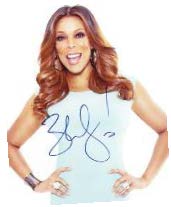
Photo courtesy of Essence Communications, Inc.
EDGE: Let’s talk about your show. For those who don’t know, The Wendy Williams Show is broadcast live.
WW: I love that.
EDGE: How was that decision made?
WW: They told me You’re going to be live and I said, Great. I’ve got stuff to do after the show. I’ve got groceries to buy. Nobody has time to be up in this dusty studio all day. At 11:01, I’m free. I go home, I become Wendy Hunter. We’re live out of New York four days a week. We tape Friday’s show on Thursday afternoon, so Friday I’m free to go to Home Depot, work on an outside project, whatever.
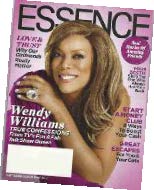
Photo courtesy of Essence Communications, Inc.
EDGE: Do you ever worry about something going wrong on live TV?
WW: I may make it look like perhaps something will go wrong, but remember, I had almost 25 years of broadcasting live radio four hours a day. I’ve been inducted into the National Radio Hall of Fame. I’ve won several awards. I’m part of an elite group. You don’t get that far by slipping up; you get that far by making it look easy. But it really is not. I curse like a sailor in real life but I’ve never cursed on the radio. I’m a trained broadcaster. So, for me, live TV? It’s the best.
EDGE: Who haven’t you interviewed yet, but want to? Who’s on your wish list?
WW: I would love to talk to Michelle Obama. I don’t even want to talk to her about First Lady stuff. And I wouldn’t ask her to do a push-up or to dance, or talk about issues. I’d want to talk about life. “When is the last time you drove a car, girl?What kind of moisturizer do you use?” I’d want to talk to her because she just turned 50, and I just turned 50. She’s a mother, I’m a mother. She’s a prominent person and I’m working on my prominence. In terms of having a wish list? Well, doing a talk show and being a professional talker, you realize that there really is no such thing as a wish list, because sometimes the very people that you wish for end up being the worst conversationalists. I’ve had better conversations with cab drivers than I’ve had with some celebrities I’ve met.
EDGE: If your show ever got to the point where they wanted to move it to the West Coast, would you consider that?
WW: Oh my gosh, I shudder and I wince and I wince and I shudder! There was actually an informal offer to do that back when I was in radio and I couldn’t do it. It’s a nice place to visit—all due respect—but I’m not that girl and those aren’t my people. These are my people in the Northeast.
EDGE: Will you reach a point where you’d want to do something other than TV, or just stop doing TV?
WW: I do have a date when I want this show to end if—God willing—it doesn’t get canceled. Listen, we’ve been renewed to 2017. I’ll need a few more years after that. I knew that when I signed up for this show, and I had the conversation with my husband. I told him that I don’t want to do this forever—and we hadn’t even gotten started at that point. I treasure my privacy. I treasure having a life. The best part about my job is actually doing my job. Maybe the worst part about it is taking pictures and doing autographs—the stuff that regular people would consider fabulous is really not. Right now, I’m taking steps to set things up to earn a living after The Wendy Williams Show, but behind the scenes as opposed to in front of the cameras. It’s a situation where my husband will take the reins, and my son will have a built-in opportunity to work in the family business. The Wendy Williams Production Company will create everything from reality TV to Lifetime movies to docu-series. That’s what I want next. I also want to establish a platform where I can do more public speaking—from keynote addresses to charity events to PSAs. I want to get out and be able to do things that I don’t really have the time to do now, things that would be helping to make the world a better place.
EDGE: Talk about the privacy issue if you would.
WW: Ten years ago, I could take my kid to Great Adventure and I didn’t have to think about what time or day we are going to go. These days it’s, “You know what?I can’t go. I’m going to have my assistant drive you and your friends.” Ten years ago, life was just different. I never want to discount my radio career, but it wasn’t as visual and it wasn’t as widespread. It was mostly an urban audience, and you knew where the How you doin’s were going to come from. Now they come from everybody. So yes, there are challenges, but nothing that I can’t get around. Also, I have to say that people treat you the way you put it out there. When I am driving around my town, I do all the Home Depot-ing, all the Target-ing, all of the grocery shopping—all of the everything—and people know it’s me. But when they say How you doin’ I say, “Hi, how are you?” and that’s it.
EDGE: Friendly.
WW: Right. You engage…and then you disengage. Busy, busy, busy. People respect that. EDGE
Editor’s Note: If you know anything about Wendy Williams, then you know that the entirety of this interview couldn’t possibly be contained within these pages. For more on her career choices, being a parent and role model, the future of radio, and her list of favorite things, log onto edgemagonline.com!

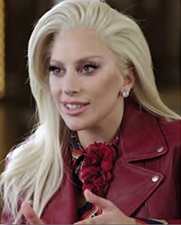
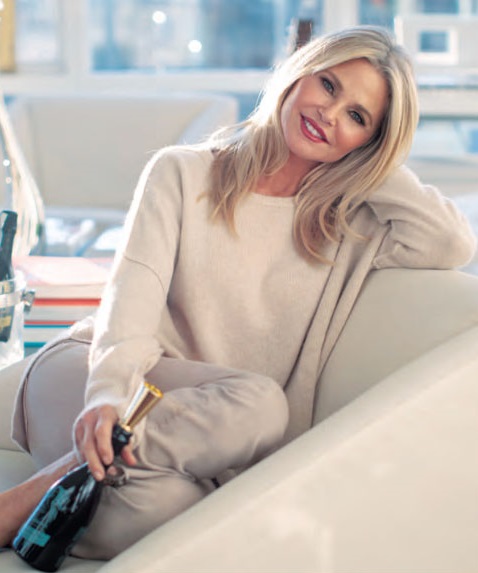
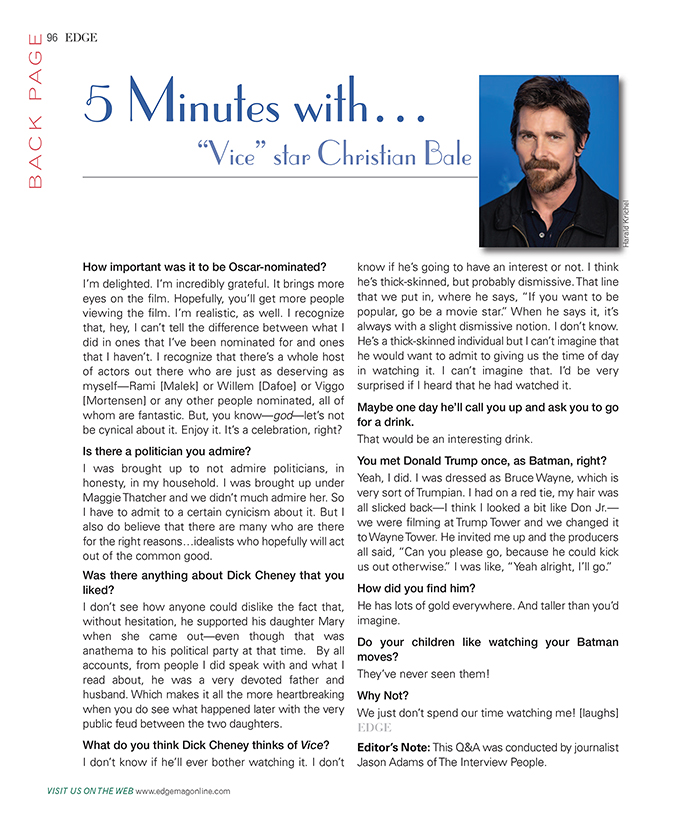
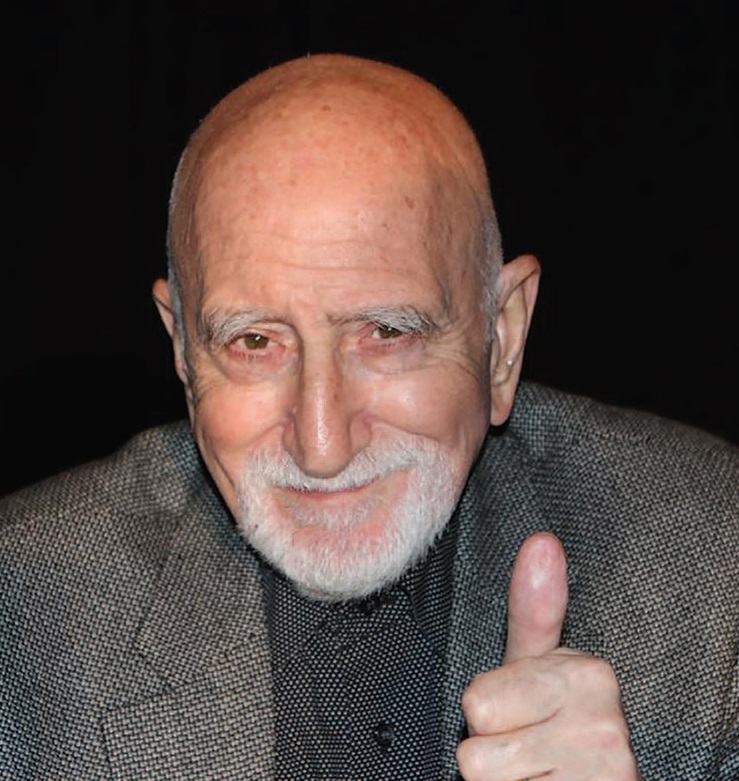
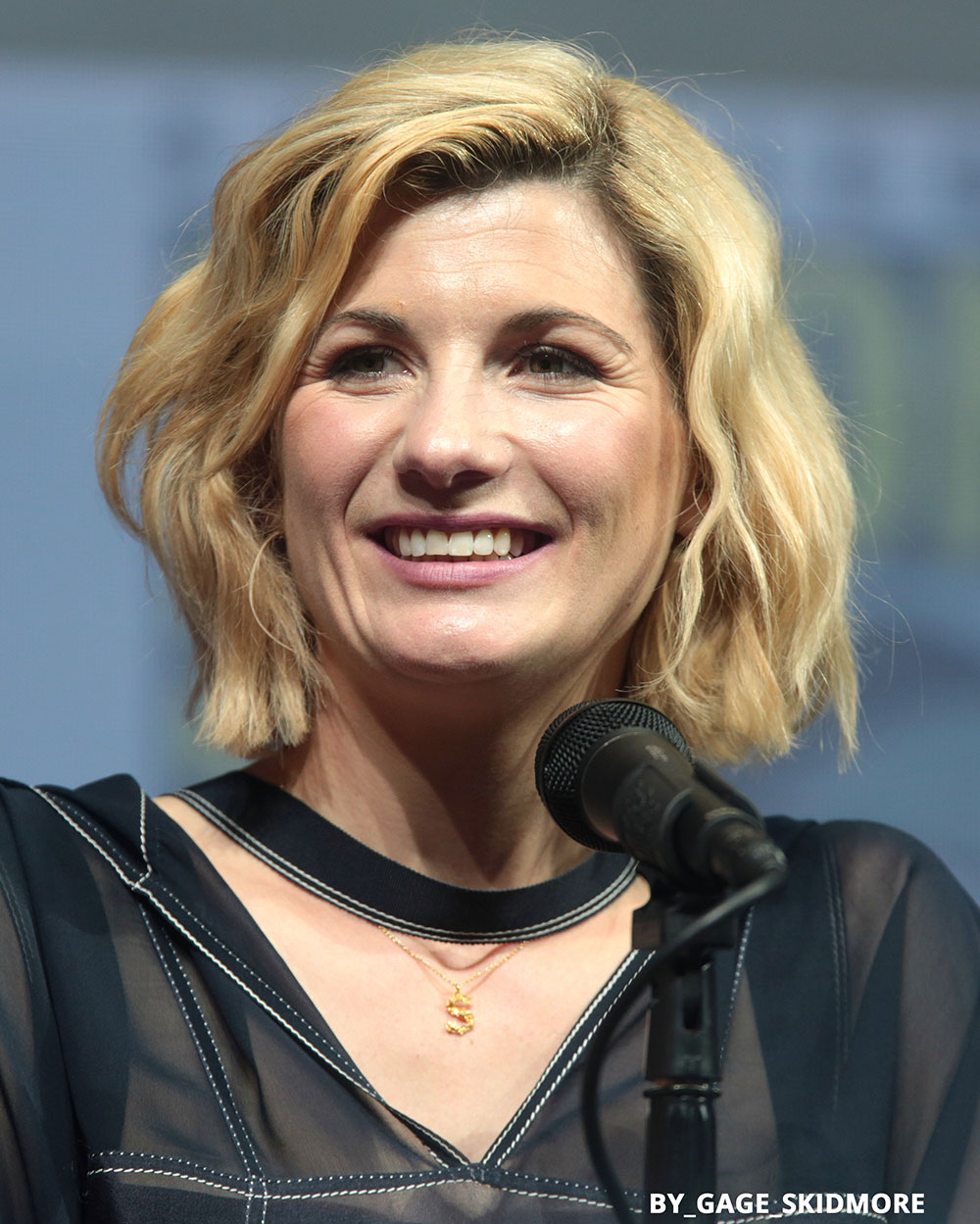
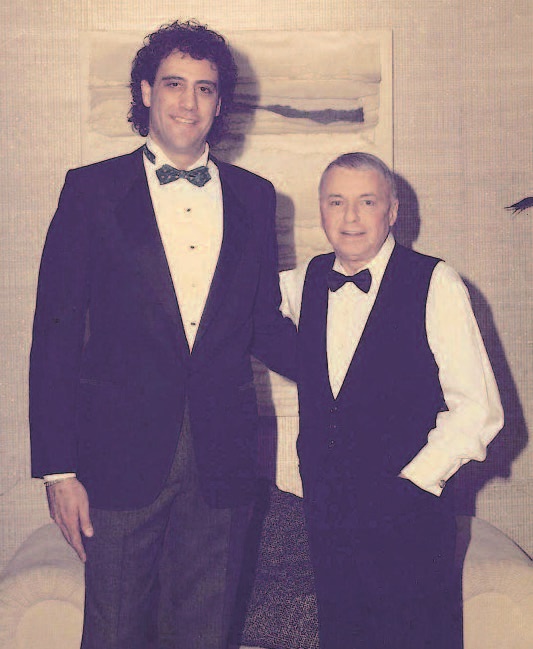
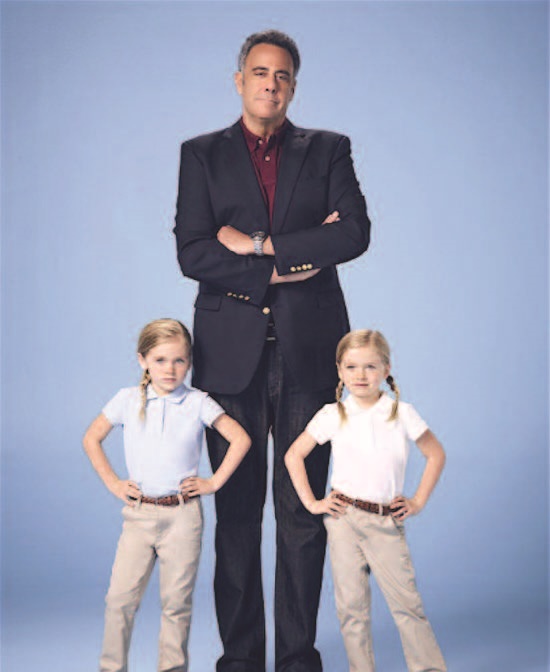
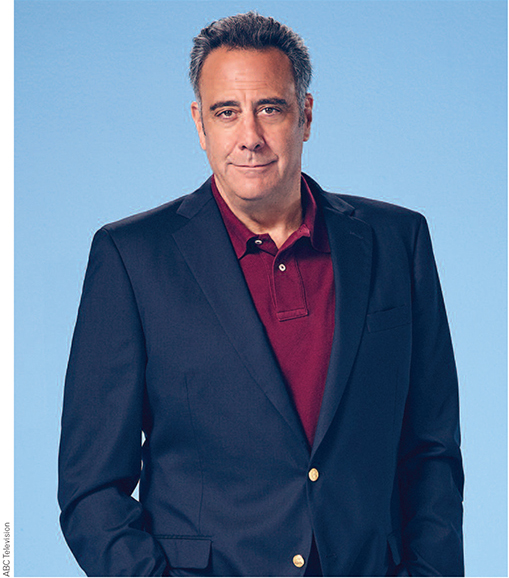
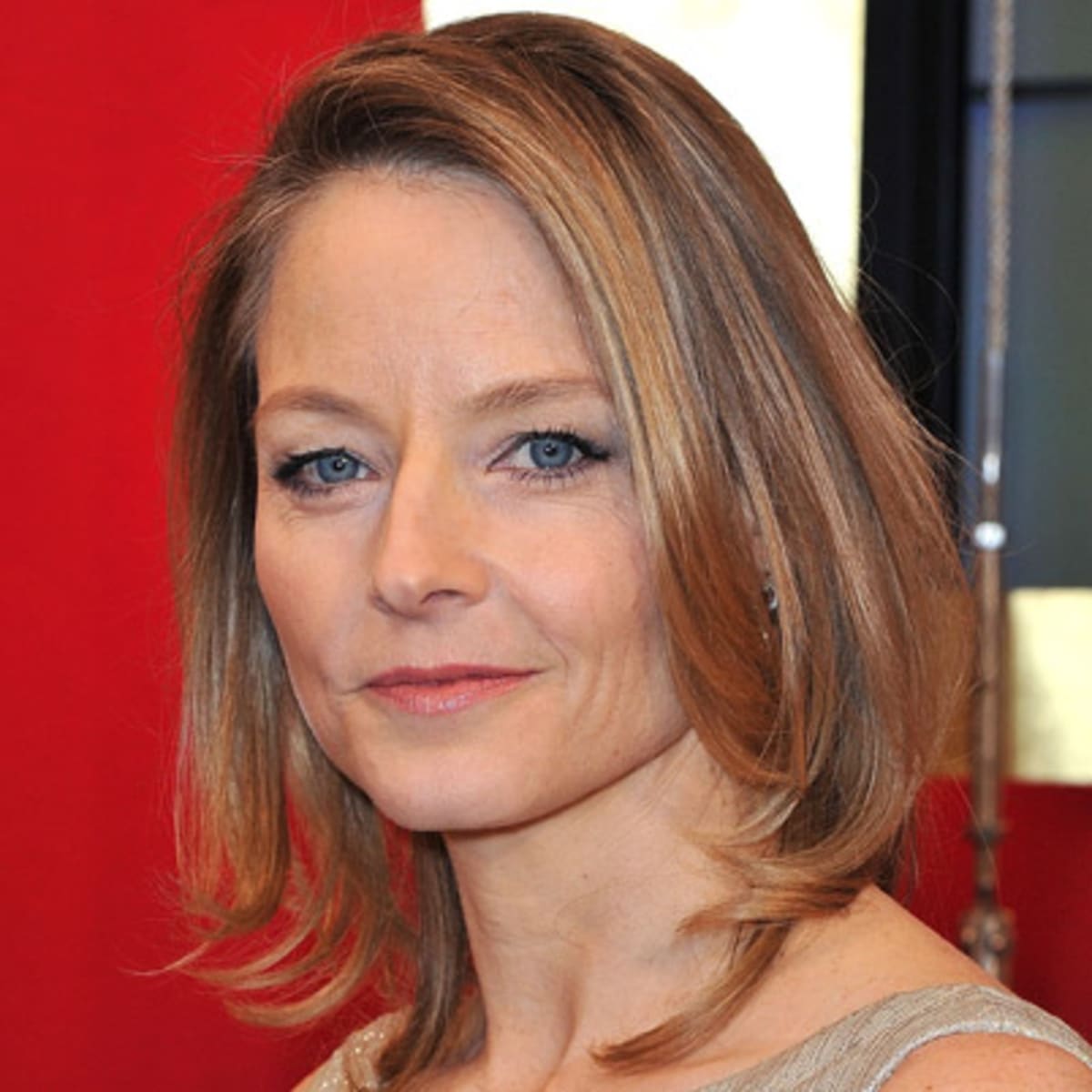
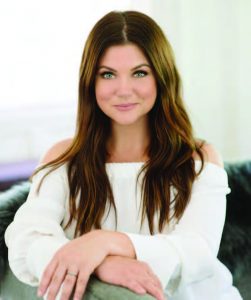
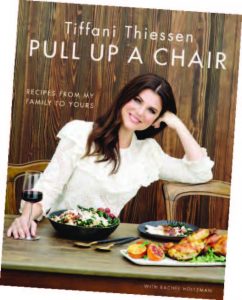
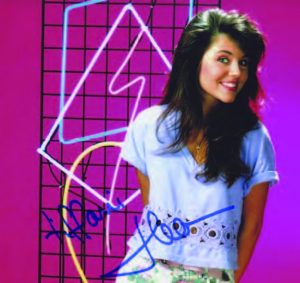
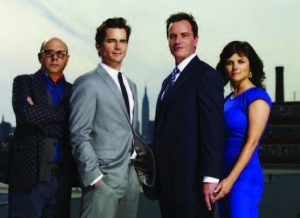
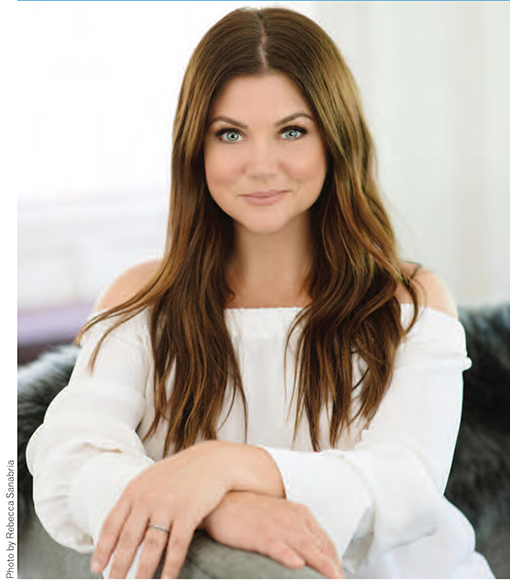
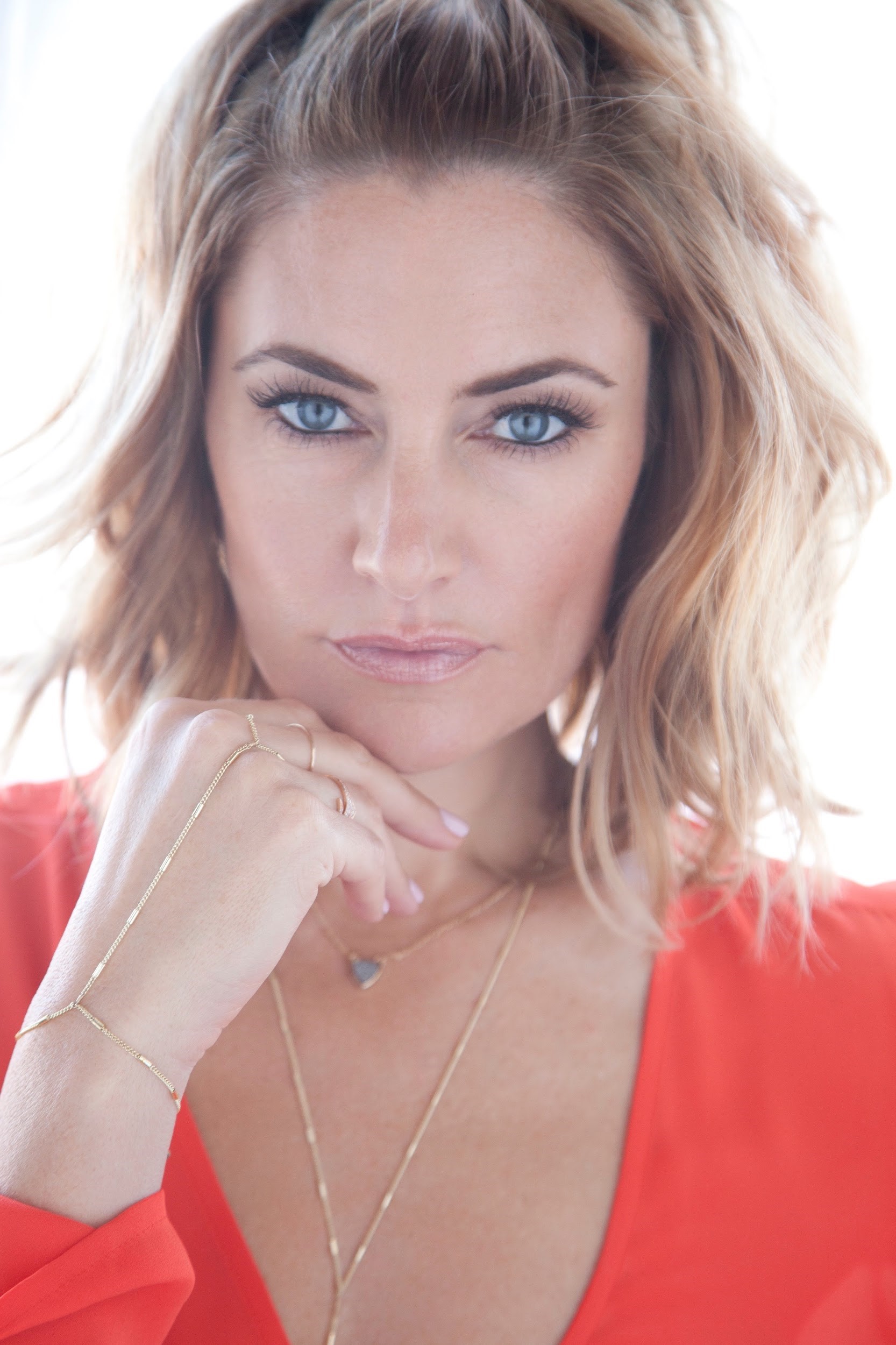
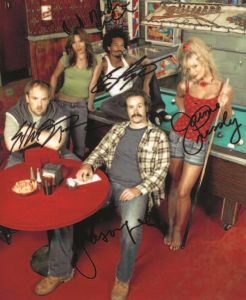
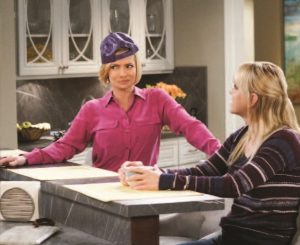
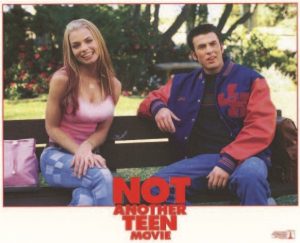
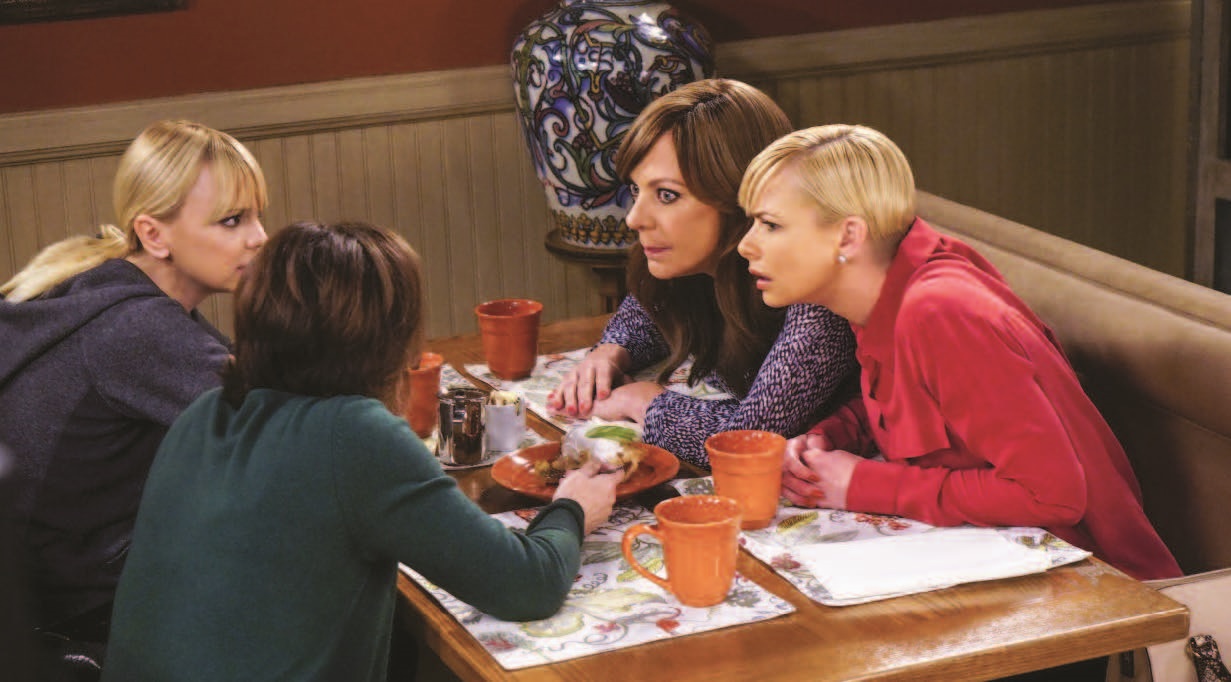
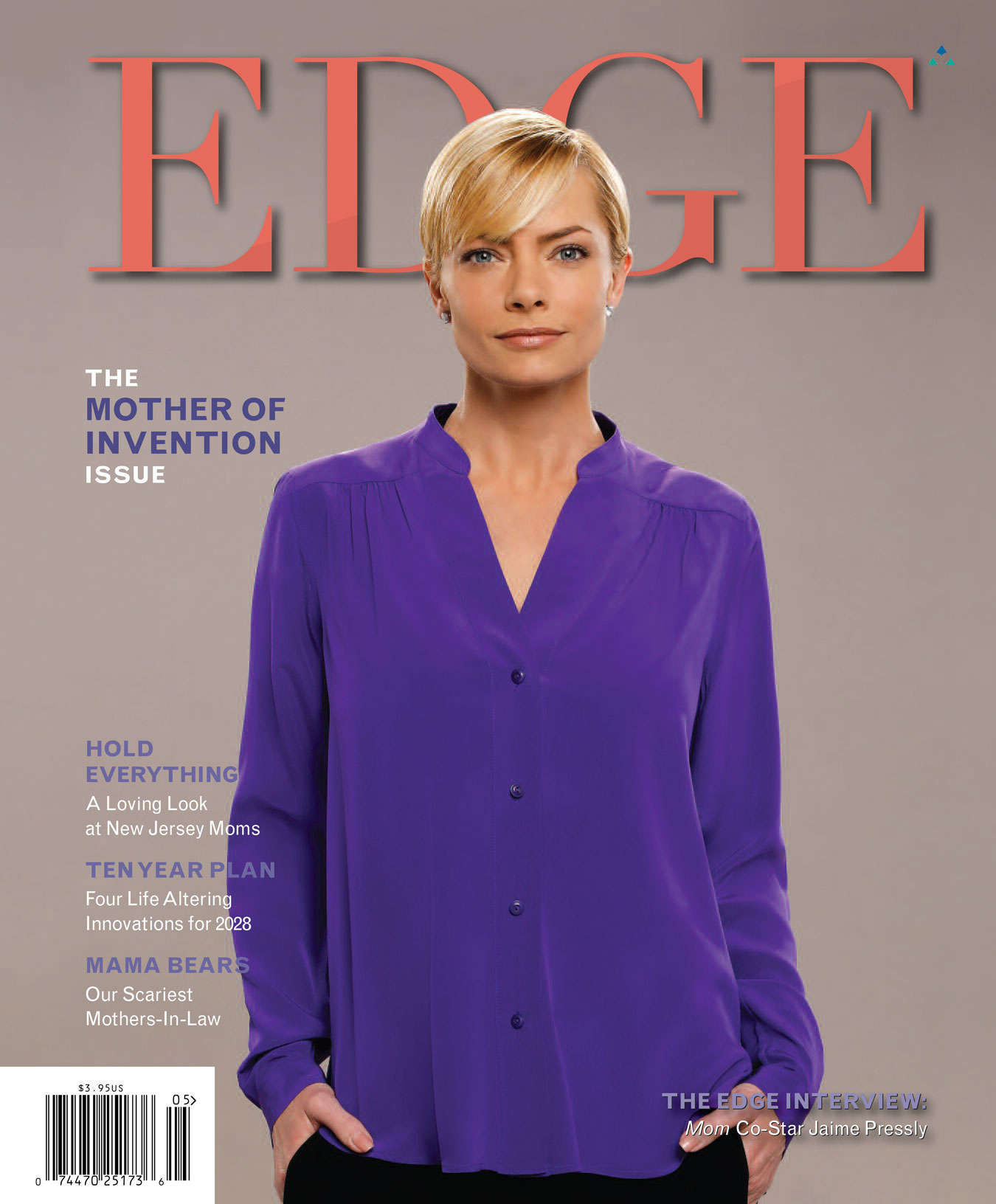
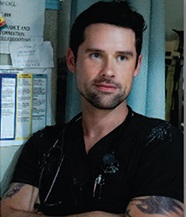
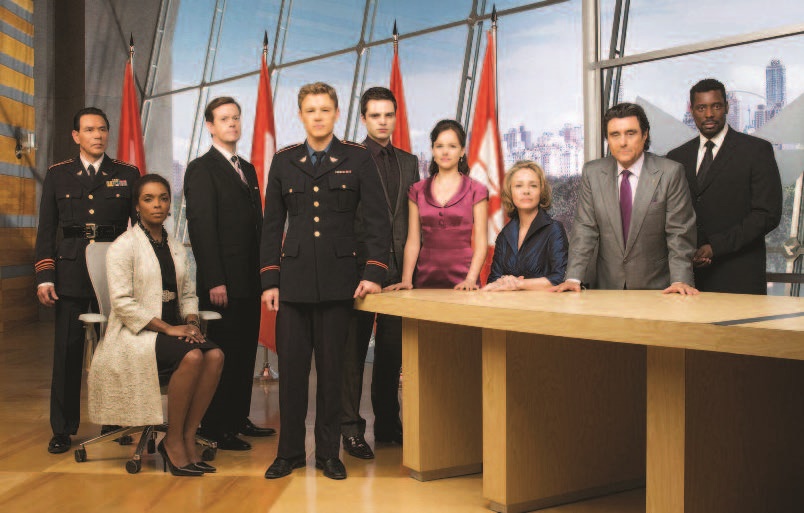
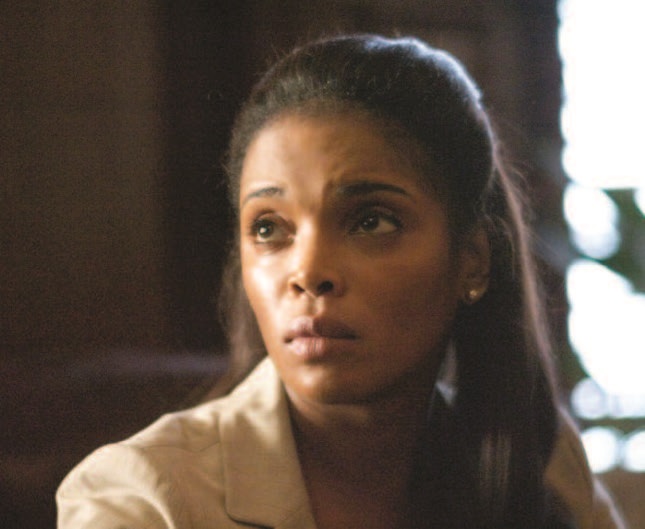
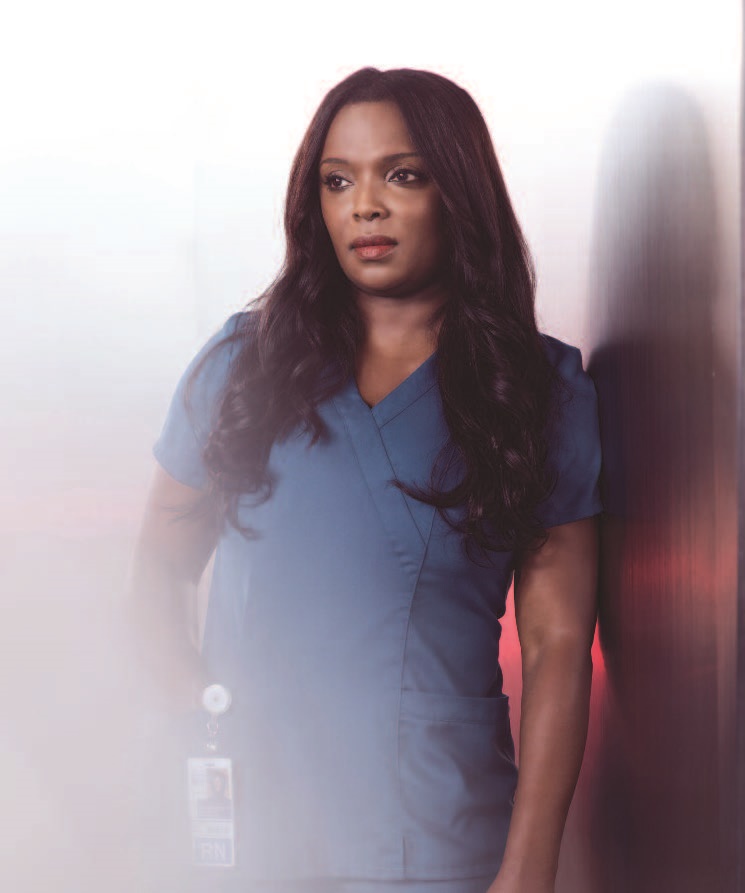
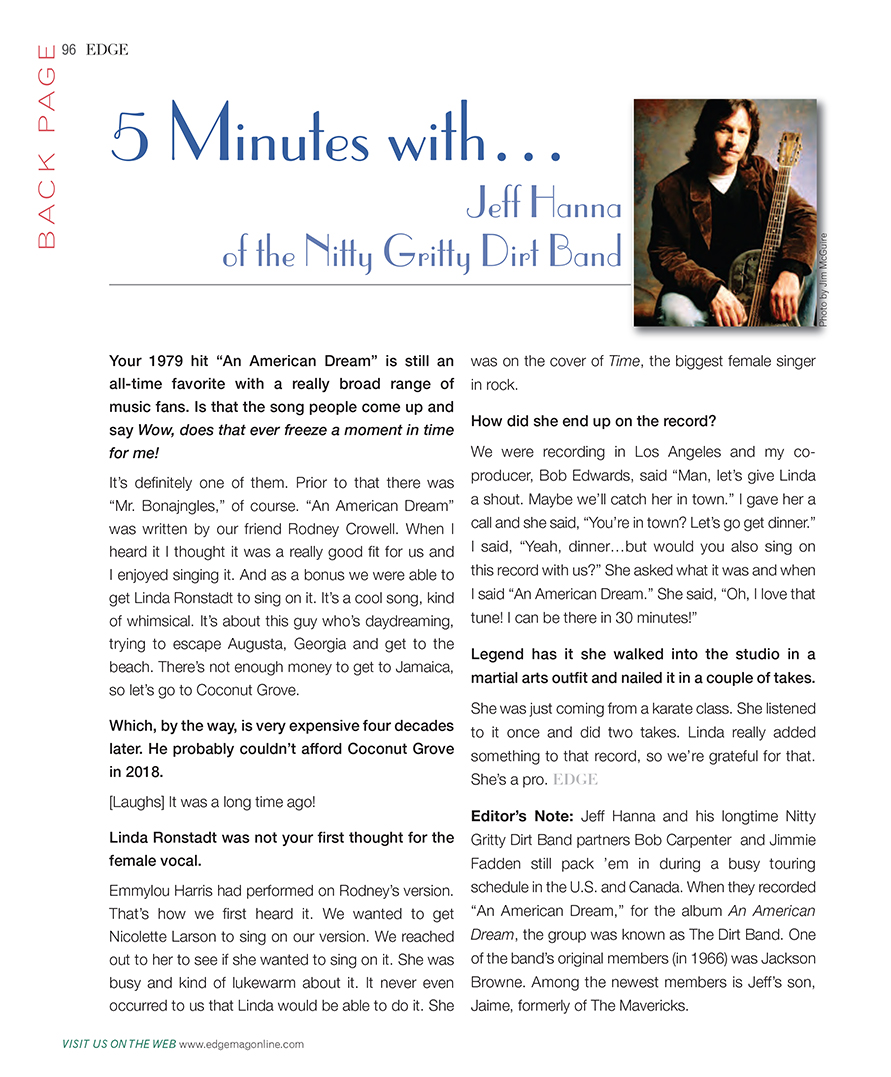
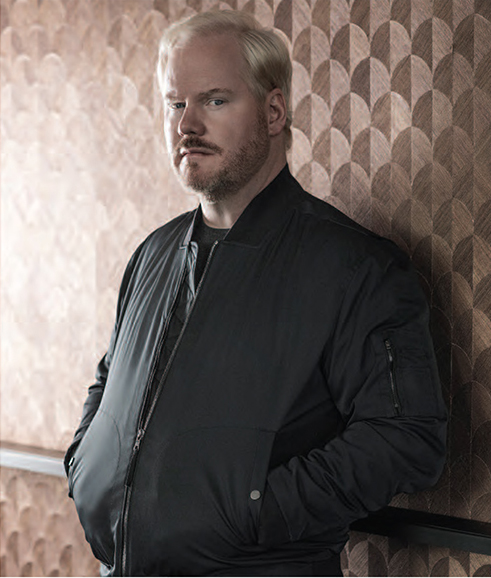
 EDGE: Who were your influences?
EDGE: Who were your influences?


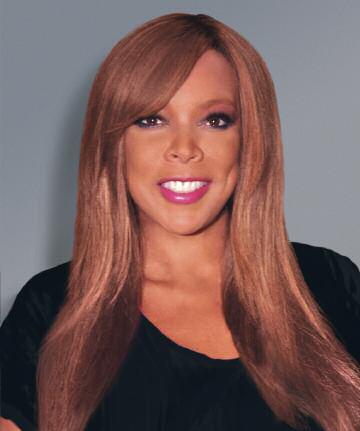
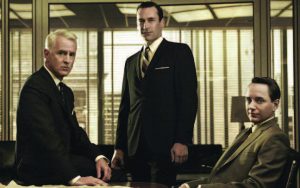
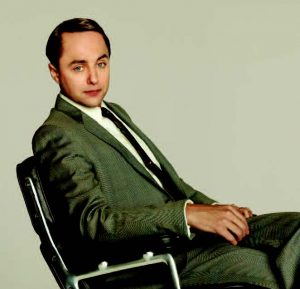 VK: There are quite a few things about Peter Campbell that have changed, and I admire them. I think he fits his place in the world and his place in the office. He understands what his role is, what his limitations are, and what his fortés are. In those ways, it makes him an easier person to be around for other people. When a character or a person is always trying to change, or fit a mold that isn’t quite right for them, it’s uncomfortable—not only for them, but for everyone around them. It causes a lot of conflict. So I think it’s wonderful that he’s come to peace with his role in the world, which is to be an account man. At least that’s where he’s settled in. I think his envy and jealousy of people around him has simmered down a bit. He doesn’t need to hate as many people as he used to, which I think is partly due to aging. We all experience that. Because it was such a prominent part of his personality, it’s nice that it’s gone away. He still gets frustrated very easily and feels that nothing ever goes his way, that he’s always getting the short end of the stick, and has a “woe is me” outlook on life—and he still has a sense of entitlement. So not everything has changed. But he has calmed down a bit and stops trying to set fire to everybody around him.
VK: There are quite a few things about Peter Campbell that have changed, and I admire them. I think he fits his place in the world and his place in the office. He understands what his role is, what his limitations are, and what his fortés are. In those ways, it makes him an easier person to be around for other people. When a character or a person is always trying to change, or fit a mold that isn’t quite right for them, it’s uncomfortable—not only for them, but for everyone around them. It causes a lot of conflict. So I think it’s wonderful that he’s come to peace with his role in the world, which is to be an account man. At least that’s where he’s settled in. I think his envy and jealousy of people around him has simmered down a bit. He doesn’t need to hate as many people as he used to, which I think is partly due to aging. We all experience that. Because it was such a prominent part of his personality, it’s nice that it’s gone away. He still gets frustrated very easily and feels that nothing ever goes his way, that he’s always getting the short end of the stick, and has a “woe is me” outlook on life—and he still has a sense of entitlement. So not everything has changed. But he has calmed down a bit and stops trying to set fire to everybody around him.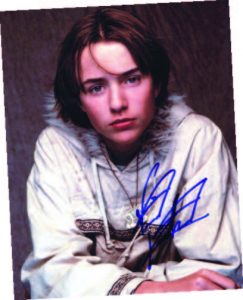
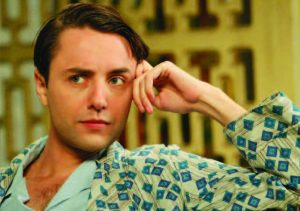
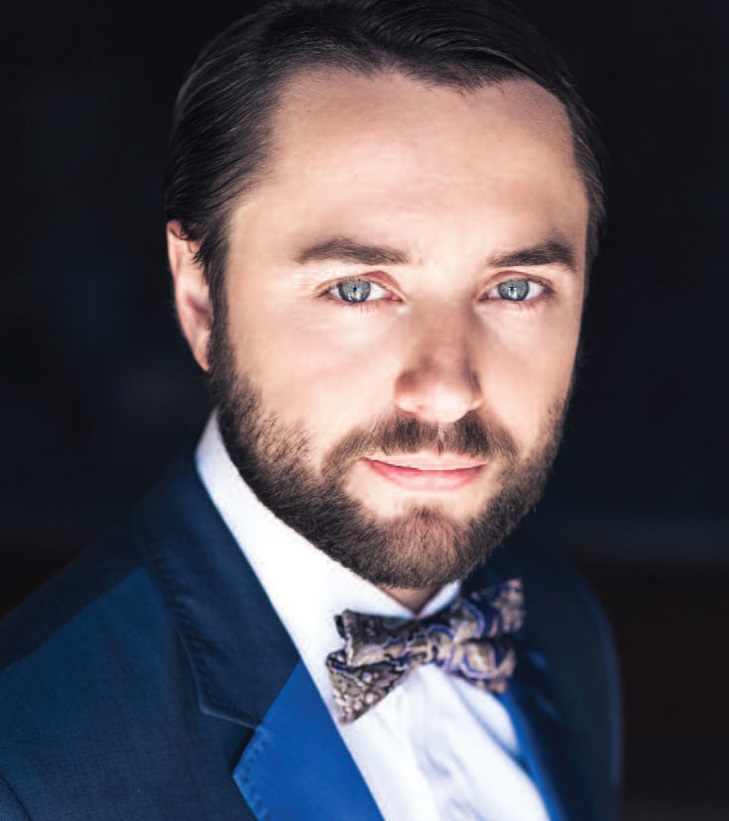
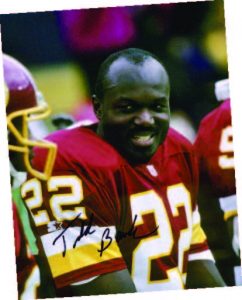
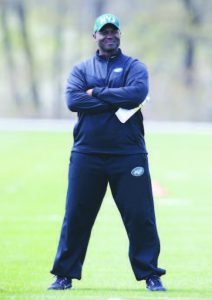
 Editor’s Note: As the NFL season gets underway, Zack Burgess is completing his most ambitious sports project to date: a series of 32 books for young readers, one on each pro football team. His work for EDGE has included interviews with a wide range of non-sports celebrities, including Jaclyn Smith, Gloria Gaynor, Danica McKellar, and Beth Ostrosky Stern—all available on edgemagonline.com. More of Zack’s sports interviews can be found at zackburgess.com.
Editor’s Note: As the NFL season gets underway, Zack Burgess is completing his most ambitious sports project to date: a series of 32 books for young readers, one on each pro football team. His work for EDGE has included interviews with a wide range of non-sports celebrities, including Jaclyn Smith, Gloria Gaynor, Danica McKellar, and Beth Ostrosky Stern—all available on edgemagonline.com. More of Zack’s sports interviews can be found at zackburgess.com.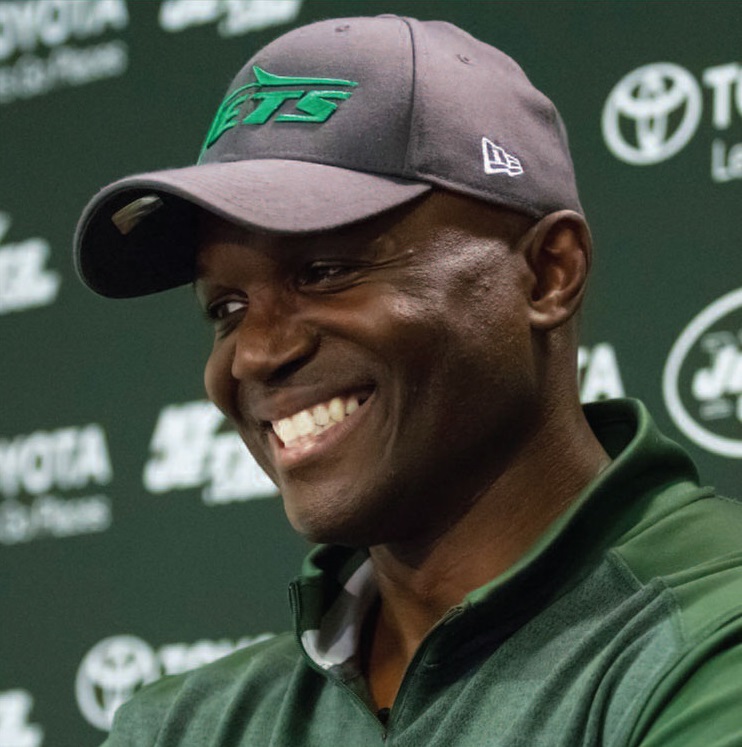
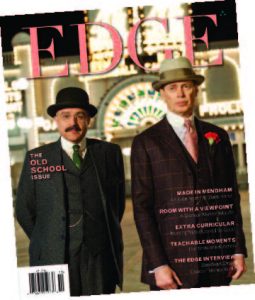 We’re lucky enough to not be in a situation where, like network TV, for example, you have to hit a certain amount of episodes in order to become syndicated. That’s not the model over here, and that’s not the model that exists anymore, and creatively it’s not anything I’m comfortable with. We always felt that when this story runs its course that’s when the series ends. We felt like that with Nucky and started to have that conversation with HBO. Creatively, they are incredibly supportive; they said, “Okay, well how much do you think you need?” We felt we needed eight more hours to properly tell this story, and that’s where we ended up.
We’re lucky enough to not be in a situation where, like network TV, for example, you have to hit a certain amount of episodes in order to become syndicated. That’s not the model over here, and that’s not the model that exists anymore, and creatively it’s not anything I’m comfortable with. We always felt that when this story runs its course that’s when the series ends. We felt like that with Nucky and started to have that conversation with HBO. Creatively, they are incredibly supportive; they said, “Okay, well how much do you think you need?” We felt we needed eight more hours to properly tell this story, and that’s where we ended up.